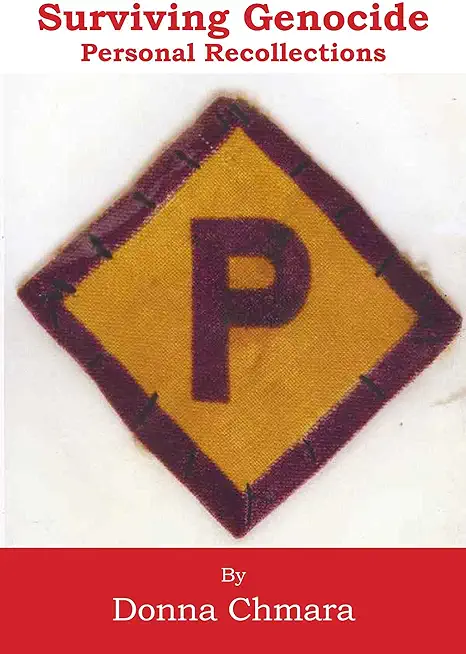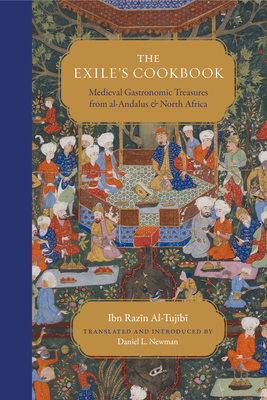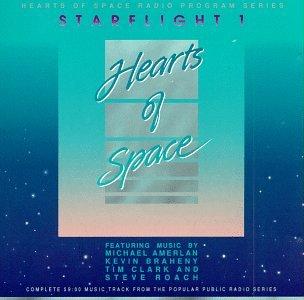
description
her home in Eastern Europe during World War II, her family's deportation to a Nazi labor camp, and their eventual arrival in the United States. Relying on historic sources, interviews with twenty survivors and personal experience, the author focuses on the danger of identifying solely with a group or ideology rather than with the fact of our shared humanity. Exiled from her home in Eastern Poland as a baby, the author chronicles the aggression against Polish citizens by Nazi Germany and the Soviet Union during World War II. For many it will be the first time hearing about the deportation of thousands to the Soviet Union for forced labor, a topic they have not met in school or in the media. Nor do they know about plans to replace Christianity and all religion with deification of Hitler and the Nazi party. The author weaves this type of information into true accounts of survival from 20 eyewitnesses whom she interviewed over the course of 10 years. Surviving Genocide: Personal Recollections expands our knowledge of World War II, that of the attempted genocide against Slavic Christians of Eastern Europe. Most books about surviving the war describe the struggles of one person or family. This book is different in that the people the author interviewed faced diverse and generally unknown hostile environments. For example, a family is exiled to Russia near the Arctic Circle, women toil on the Kazakhstan steppe to produce food for the Soviet army, people in the author's village of birth in what is now Belarus face winter in holes in the ground, single girls are forced to work in German factories and as domestics, and a Catholic priest is used for medical experiments in Dachau. These survivors are primary sources who begin to demonstrate the full sweep of events as they shine a light on the dangers of identifying with a group or philosophy at the expense of our shared humanity. Surviving Genocide: Personal Recollections contains a foreword by British historian Norman Davies, an interview with Nobel laureate Czeslaw Milosz, an annotated bibliography, photographs, and maps. Survivors' statements have been fact-checked and are validated by citing historic sources. The author will market the book through public speaking and use of social media platforms. The number of World War II survivors is dwindling. Their witness will ensure a broader knowledge about a particular time and place in history.
member goods
No member items were found under this heading.
listens & views

PITAMAHA: MUSIC FROM BALI / ...
by PITAMAHA: MUSIC FROM BALI / VARIOUS
COMPACT DISCout of stock
$12.99
Return Policy
All sales are final
Shipping
No special shipping considerations available.
Shipping fees determined at checkout.






